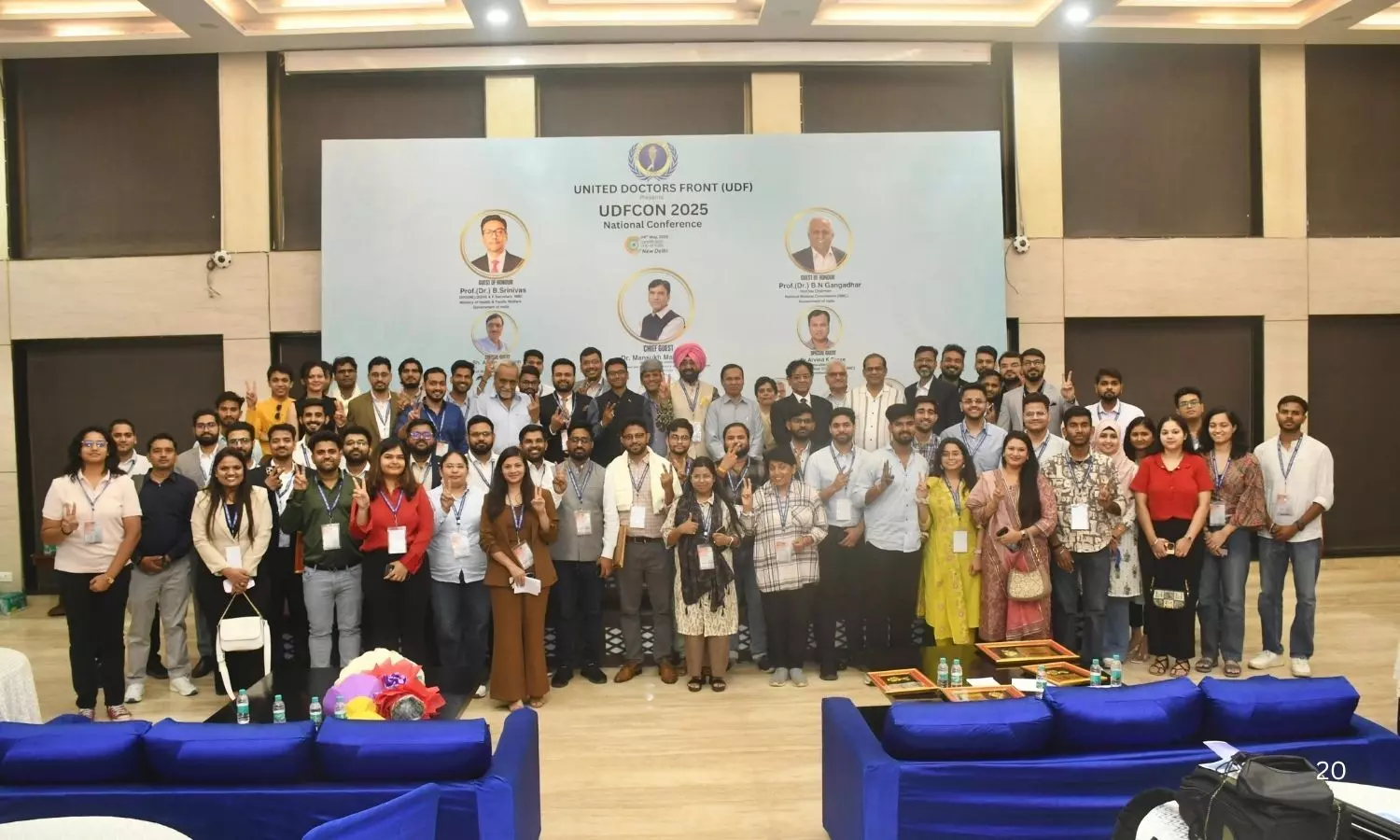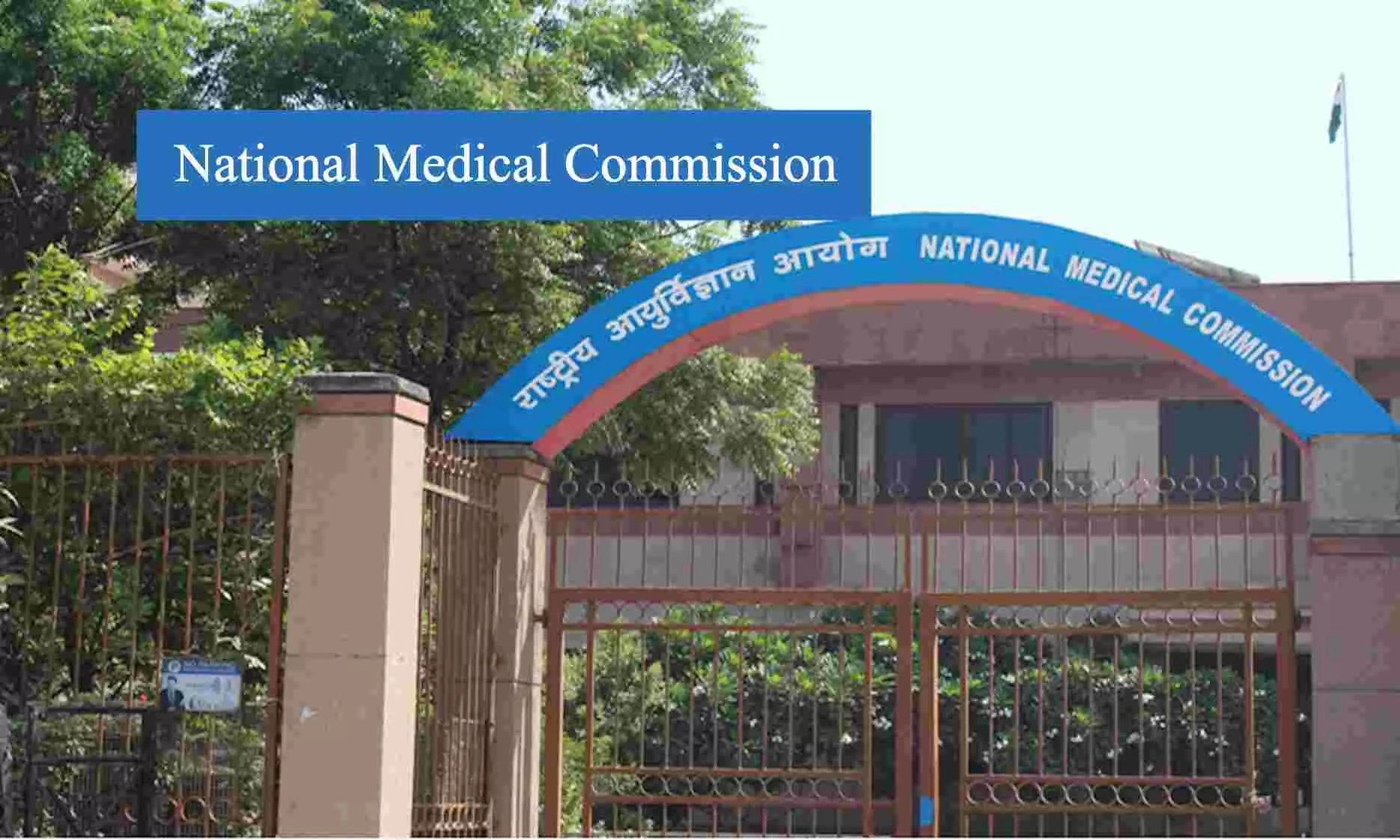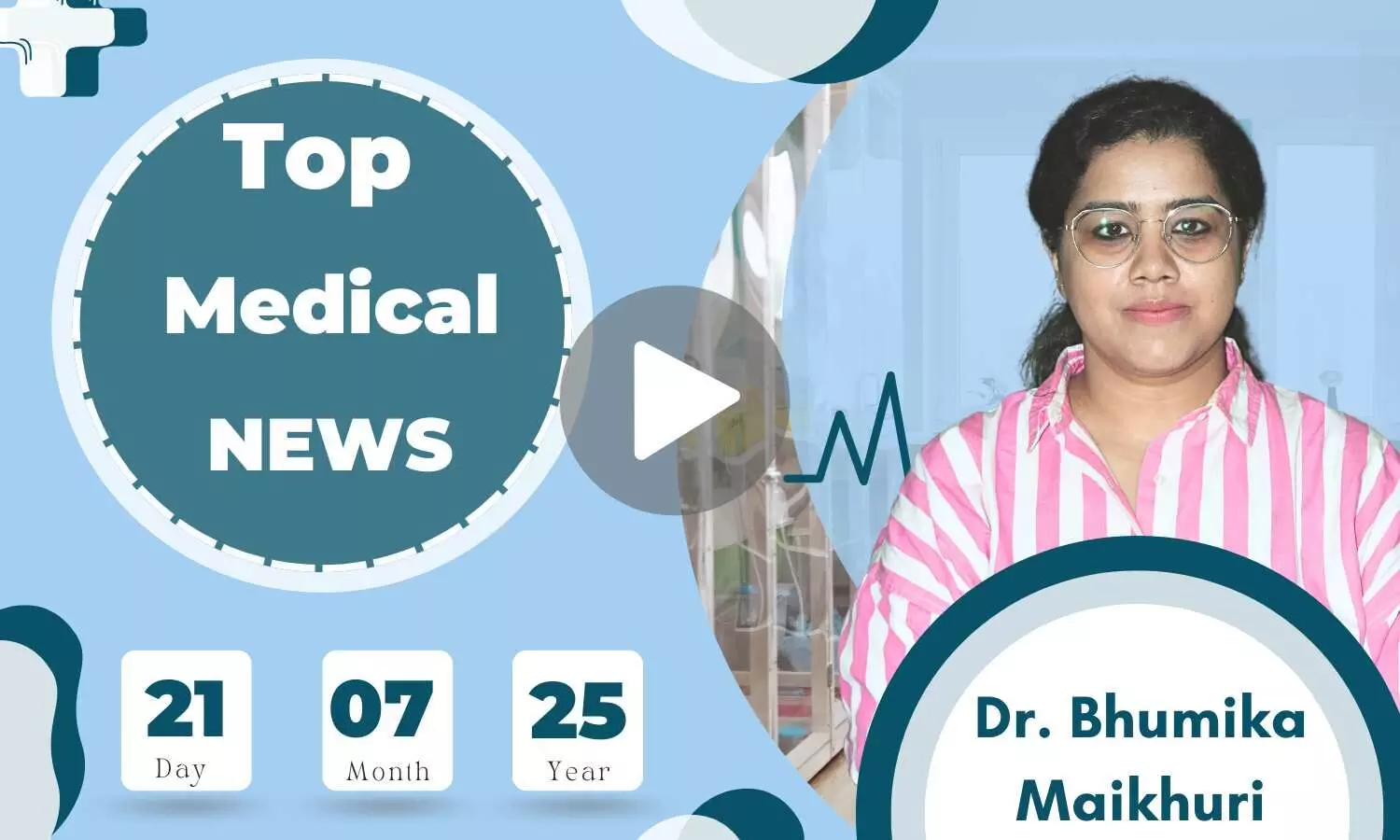Medical News, Health News Latest, Medical News Today - Medical Dialogues |
United Doctors Front announces National Core Committee for 2025-26
2 days 15 hours ago
State News,News,Health news,Delhi,Doctor News,Medical Organization News,Latest Health News,Recent Health News
News Archives - Healthy Caribbean Coalition
Open Letter to CARICOM Heads of Government
2 days 17 hours ago
News, Open Letters & Statements, Slider, Timeline
Outbreak of Chikungunya Virus Poses Global Risk, Warns WHO - ScienceAlert
- Outbreak of Chikungunya Virus Poses Global Risk, Warns WHO ScienceAlert
- World Health Organization raises concern about spread of mosquito-borne Chikungunya virus Reuters
- Chikungunya virus alert: How a mosquito bite this monsoon can trigger severe arthritis-like pain that can Times of India
- Chikungunya Outbreak Spreads From Indian Ocean Islands, Posing Global Risk Health Policy Watch
- Chikungunya: Joint Pain And Other Chronic Symptoms That Can Last For Months And Even Years NDTV
2 days 20 hours ago
Visitor restrictions: Male Surgical Ward, General Hospital
3 days 2 hours ago
Health, Notice, PRESS RELEASE, general hospital, male surgical ward, Ministry of Health
World Health Organization raises concern about spread of mosquito-borne Chikungunya virus - Reuters
- World Health Organization raises concern about spread of mosquito-borne Chikungunya virus Reuters
- Outbreak of Chikungunya Virus Poses Global Risk, Warns WHO ScienceAlert
- Quick takes: WHO chikungunya warning, mpox in Gambia, more H5N1 in California dairy cows CIDRAP
- Chikungunya Outbreak Spreads From Indian Ocean Islands, Posing Global Risk Health Policy Watch
- Chikungunya: Joint Pain And Other Chronic Symptoms That Can Last For Months And Even Years NDTV
3 days 6 hours ago
Health Archives - Barbados Today
QEH boosting security for staff, patients
3 days 10 hours ago
Health, Local News
World Brain Day 2025: Why your brain deserves the spotlight today - The Times of India
- World Brain Day 2025: Why your brain deserves the spotlight today The Times of India
- Brain Day 2025: 9 common habits that are destroying the brain The Times of India
- World Brain Day 2025: Experts Say Mental Health In Workplace Is Important, "Stress Is Not A Badge Of Honour" NDTV
- Neurosurgeon shares 5 habits to boost brain health, keep mind sharp in old age Hindustan Times
- Protect your brain: Expert tips to fight Alzheimer’s | Daily Sabah Daily Sabah
3 days 11 hours ago
Man's deadly brain cancer tumor disappears after experimental drug trial
3 days 13 hours ago
Health, Cancer, brain-cancer, cancer-research, medications, lifestyle, medical-research, good-news
Medical News, Health News Latest, Medical News Today - Medical Dialogues |
MBBS abroad: NMC warns students against admission to 4 foreign medical institutes in Belize, Uzbekistan
3 days 14 hours ago
Editors pick,State News,News,Health news,Delhi,Latest Health News,NMC News,Medical Education,Medical Colleges News,Study Abroad,Medical Admission News,Notifications
Medical News, Health News Latest, Medical News Today - Medical Dialogues |
Medical Bulletin 21/July/2025
4 days 12 hours ago
Cardiology-CTVS,Diabetes and Endocrinology,Obstetrics and Gynaecology,Oncology,Psychiatry,Cardiology & CTVS News,Diabetes and Endocrinology News,Obstetrics and Gynaecology News,Oncology News,Psychiatry News,Cardiology-CTVS Videos,Diabetes and Endocrinolog
Medical News, Health News Latest, Medical News Today - Medical Dialogues |
Study finds link between hypertension and breastfeeding outcomes
4 days 19 hours ago
Cardiology-CTVS,Cardiology & CTVS News,Top Medical News,Latest Medical News








